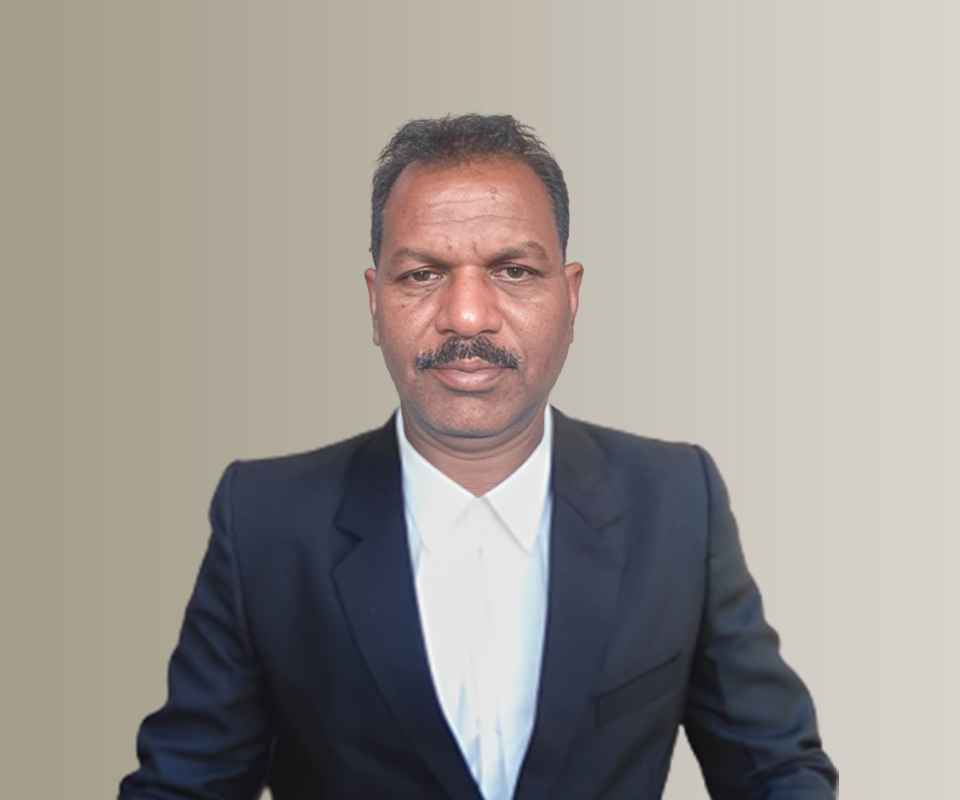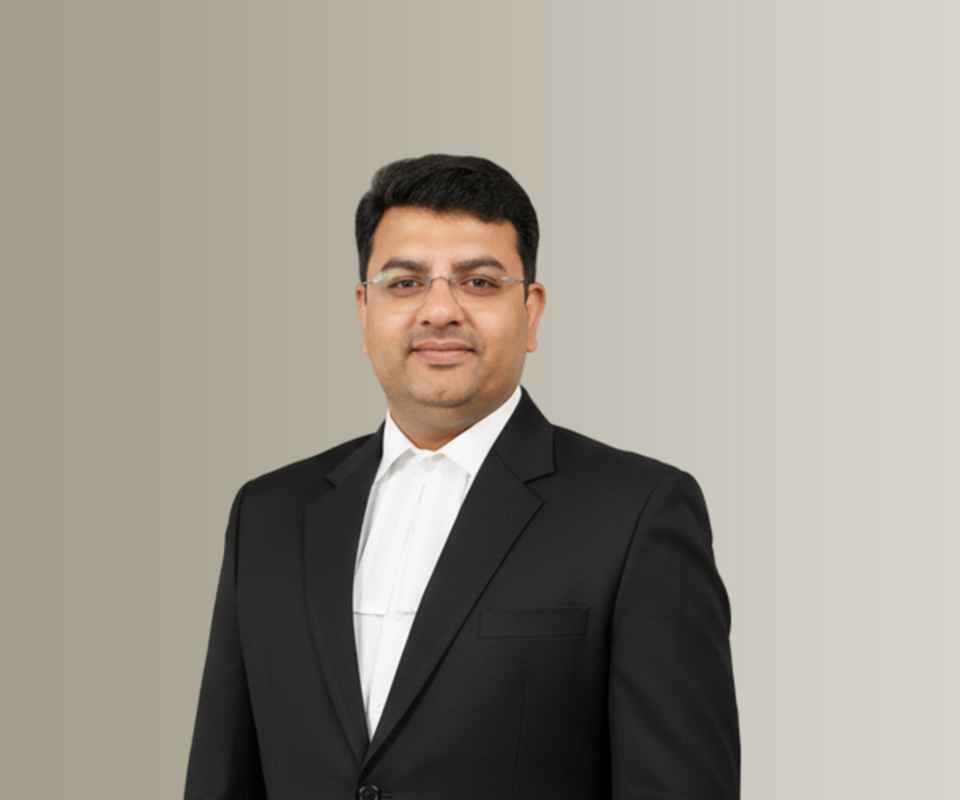Answer By law4u team
The executor of a will plays a vital role in ensuring the smooth administration of the deceased's estate by managing the probate process, paying debts, and distributing assets. However, if the appointed executor passes away before obtaining probate or completing their duties, it can disrupt the process. In such cases, it is essential to know how the probate process continues and who takes over the executor's responsibilities.
What Happens If Executor Dies Before Probate?:
Legal Implications of Executor’s Death:
Executor’s Role:
The executor is responsible for initiating the probate process, gathering the deceased person’s assets, paying debts, and distributing the remaining estate according to the will. If the executor dies before probate, the court will need to appoint a new executor to take over these duties.
Delay in Probate Process:
The death of an executor can delay the probate process because the appointed individual cannot carry out their duties. However, the will itself remains valid, and the estate must still be administered according to the terms outlined in the will.
Appointment of a New Executor:
Substitute Executor:
Many wills include a clause specifying a substitute or alternate executor who can step in if the primary executor is unable or unwilling to act. If such a substitute executor is named, they can apply for probate in place of the deceased executor and continue with the estate administration.
Court Appointment:
If no substitute executor is named, or if the substitute is unwilling or unable to act, the probate court can appoint a new executor. This person could be a person named in the will, a family member, or a professional (like a lawyer or financial advisor) who is willing to take on the role. The court will consider the interests of the estate and may appoint an individual with a connection to the deceased or someone who can best serve the estate.
Effect of Executor’s Death on Will Validity:
Will Remains Valid:
The death of the executor does not invalidate the will. The will’s instructions regarding the distribution of assets still stand, and the probate court will ensure that the estate is administered according to those instructions.
New Executor’s Authority:
Once a new executor is appointed, they inherit the same authority and responsibilities as the original executor. They will carry out the tasks as outlined in the will, including handling the deceased’s assets, paying debts, and distributing property.
Process for Replacing an Executor:
Notification of Death:
The court needs to be notified of the executor’s death as soon as possible. If the probate process has already begun, the court may halt proceedings temporarily until a new executor is appointed.
Petition to the Court:
An interested party (such as a family member or beneficiary) can petition the court to appoint a new executor. If the deceased’s will names a substitute executor, the court will usually approve this person’s appointment, unless there are objections.
Filing a New Application for Probate:
If no probate proceedings have yet been initiated, the new executor will file an application for probate with the court. The application process will include submitting the will and other required documents, similar to the process when the original executor was alive.
Executor Replacement Process in Case of Multiple Executors:
Co-Executors:
If the will named multiple executors, the death of one does not necessarily halt the probate process. The surviving co-executor(s) can continue managing the estate and apply for probate. The other co-executor can fulfill the duties of the deceased, but in some cases, a new co-executor might be appointed to balance the responsibilities.
Disputes Among Heirs:
If there is a dispute among the heirs about who should replace the executor, the matter can be resolved in probate court. The court will consider the best interests of the estate and may appoint an administrator (if no one is named) or another appropriate person.
Timing of the Executor’s Death:
Before Probate Application:
If the executor dies before the probate application has been submitted, the new executor must file for probate with the court. The process essentially starts anew, with the newly appointed executor taking over the responsibility of handling the estate.
After Probate Application:
If the executor dies after probate has been applied for but before it is granted, the probate process may be temporarily suspended. The new executor will need to file with the court and may be required to re-initiate certain steps of the probate process, but the will remains valid and enforceable.
Legal Actions and Protections:
Court Assistance:
In cases where there is no alternate executor, the probate court will play a crucial role in appointing a new executor. This process is generally straightforward unless there are objections from interested parties (like heirs or beneficiaries).
Executor’s Responsibilities:
Once a new executor is appointed, they are legally obligated to carry out all the duties that the original executor would have performed, including distributing assets according to the will and ensuring that the estate is handled responsibly.
Example:
If a person named John as the executor in their will, and John dies before applying for probate, the next steps depend on the will’s instructions. If the will names a substitute executor (say, John's brother, Robert), Robert can step in and apply for probate. If the will does not specify a substitute, a family member or lawyer may petition the probate court to appoint a new executor. The new executor will then take over the responsibilities and ensure that the estate is administered in line with the deceased’s wishes.
Conclusion:
While the death of an executor before probate may cause delays, it does not invalidate the will or halt the probate process permanently. The court will appoint a new executor to carry out the deceased's wishes. It is crucial for individuals preparing a will to consider naming an alternate or substitute executor to avoid complications if the primary executor is unable to fulfill their duties.







